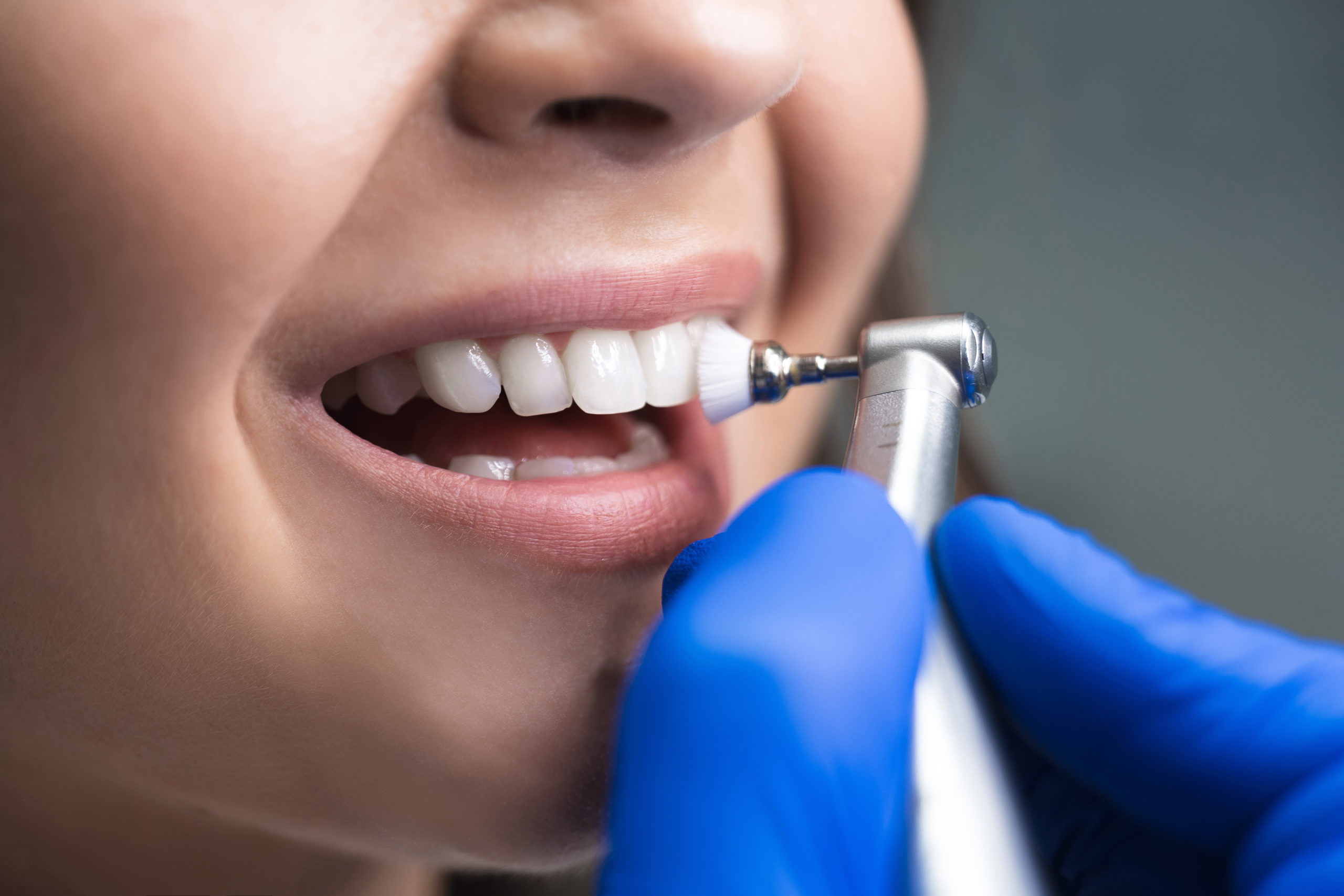Everyone has heard of the widely accepted advice to visit the dentist twice a year for basic cleanings of our teeth. You’ve probably had a routine dental cleaning or go to a dentist Portsmouth regularly, but have you ever heard of a deep cleaning?
This article will describe the differences between teeth scaling and cleanings, including their definitions, processes, and when they are necessary.
What is Teeth Scaling?
Deep cleaning is a dental procedure that comprises cleaning the teeth from the roots beneath the gum line up to the spaces in between the gums. It is always advised for patients whose teeth have a buildup of tartar in the surfaces and roots that have caused bacterial infections of the gums. Using a dental scaler, deep scaling is performed below the gum line to eliminate tartar from the teeth. An ultrasonic device is used to remove plaque from the teeth’s surface.
Regular Teeth cleaning vs Teeth Scaling
Regular dentist cleanings and teeth scalings differ primarily in that the former is less thorough than the latter. In order to keep gum disease at bay and avoid cavities, routine cleaning is done on teeth. A scaler is used to eliminate the tartar that has been removed but hasn’t quite reached the gums. The only way to get rid of excessive tartar buildup, though, is by having your teeth thoroughly cleaned by a dentist.
A thorough cleaning of the teeth removes calculus and other debris from the tooth’s roots in addition to the tooth’s surface. In contrast to routine cleaning, the sessions can be rather taxing and occasionally call for multiple visits.
Only while performing teeth scaling, not when performing a routine clean, is root planing performed. As a result, the two types have a great deal of difference. To properly eliminate tartar and plaque and deter bacteria, the technician utilizes a special instrument to clean deeply into the pockets.
Is Teeth Scaling Required?
Deep teeth cleaning is essential to stop bacteria from growing in the pockets and roots of the teeth, as has been underlined. Unchecked bacterial growth might result in irreversible damage and tooth loss. Here are several situations and justifications for extensive dental cleaning.
• A persistent bad breath, displacement of the teeth from the gums, and pus around the gums are all signs of gum infections and diseases.
• When a hygienist proposes extensive teeth cleaning during a visit.
• If you’re having trouble getting tough tartar off of your teeth, it’s likely that the tartar has hardened and needs to be deeply scaled.
• Having a history of gum diseases, such as gingivitis or periodontitis.
• As part of yearly maintenance measures for dental health.
Is Scaling teeth a painful operation?
None of the dental operations performed today, in the era of modern dentistry, are unpleasant. In general, we don’t need any form of anesthetic for subgingival deposits that are moderate and superficial. To make your teeth cleaning operation feel like home, experts suggest topical anesthetic gels and sprays for deeper deposits.
Are Dental Cleanings Required?
To maintain the health of your gums and teeth, you must regularly clean your teeth. It eliminates undesirable exterior deposits and stains. The treatment of exterior stains makes teeth seem whiter after dental scaling and cleaning, but the actual teeth’s color and shade are unaffected.
Final Words
In other words, teeth scaling is basically removing the plaque and tartar from your teeth. In addition, teeth cleaning is just done to keep your teeth healthy and clean, which is beneficial for maintaining gum health.

Leave a Reply